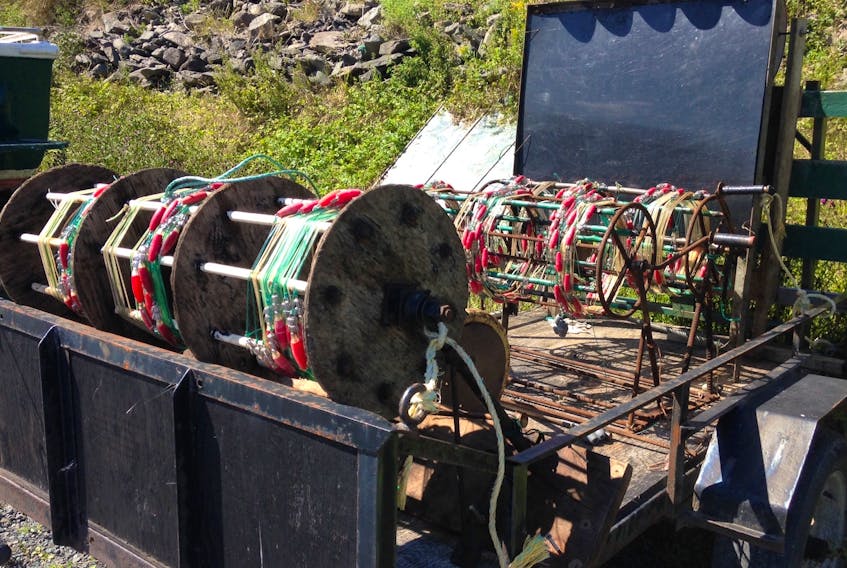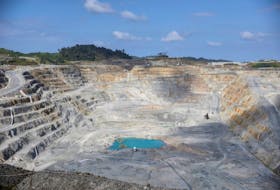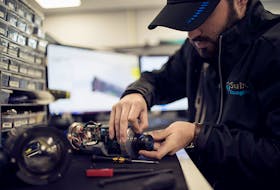There’s plenty of squid along areas of the province’s coast this year — an abundance not seen in a number of years — and fishermen have been gathering on the squid jigging grounds to take advantage.
The Association of Seafood Producers in the province, however, says that this year’s squid fishery is in peril all because it is not being recognized that producers need a water deduction when they buy squid from fishermen.
The head of the association, Derek Butler, said the harvesters’ union and squid producers are at odds over whether producers can deduct water from a load of squid when they buy.
“Obviously, as with others species we buy, there is a level of water in the load. For example, on a load of 1,000 pounds of squid, as much as 10 per cent or more can be water,” Butler said. “That would mean 100 pounds of water, for $0.75 a pound. That’s not a winning business proposition for the industry. When you extrapolate that to fisheries with millions of pounds landed, it just doesn’t make sense.”
Butler said he has been in talks with the Fish Food and Allied Workers’ (FFAW-Unifor) union to address the issue, and talks are ongoing, but to date the FFAW says there is no water in squid.
“We think that’s a contradiction, obviously, because the handling protocol the parties agreed to asks that harvesters carry squid in slush seawater, to keep up the quality, so clearly there is water in the load,” Butler said.
The association says its next proposal to the FFAW is a study over the next two weeks, to determine an appropriate water deduction, and then apply the findings to the landings this year.
“All up the eastern seaboard, there appears to be a lot of squid, and Newfoundland and Labrador is no exception,” Butler said. “It’s a great opportunity, a new opportunity really, for both harvesters in terms of additional income, and for plants to have sufficient supply to start looking at international food markets, as we did years ago when we had big squid fisheries.”









